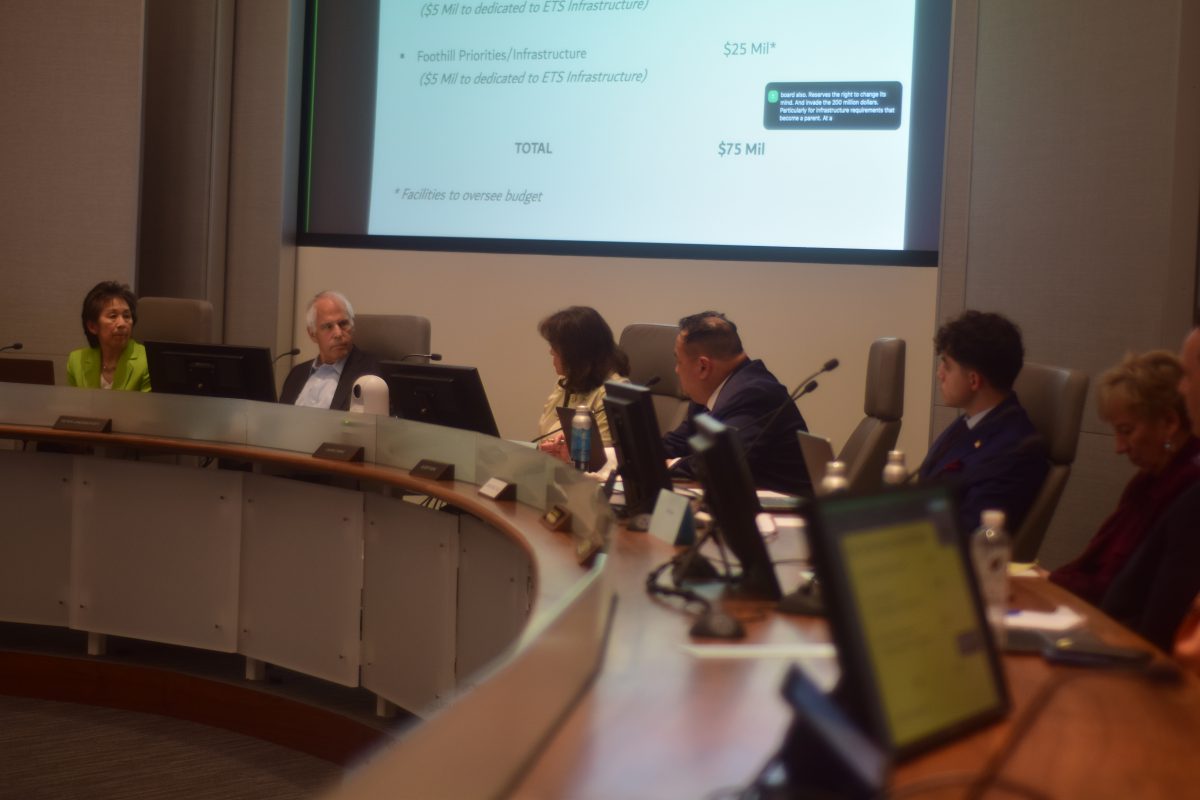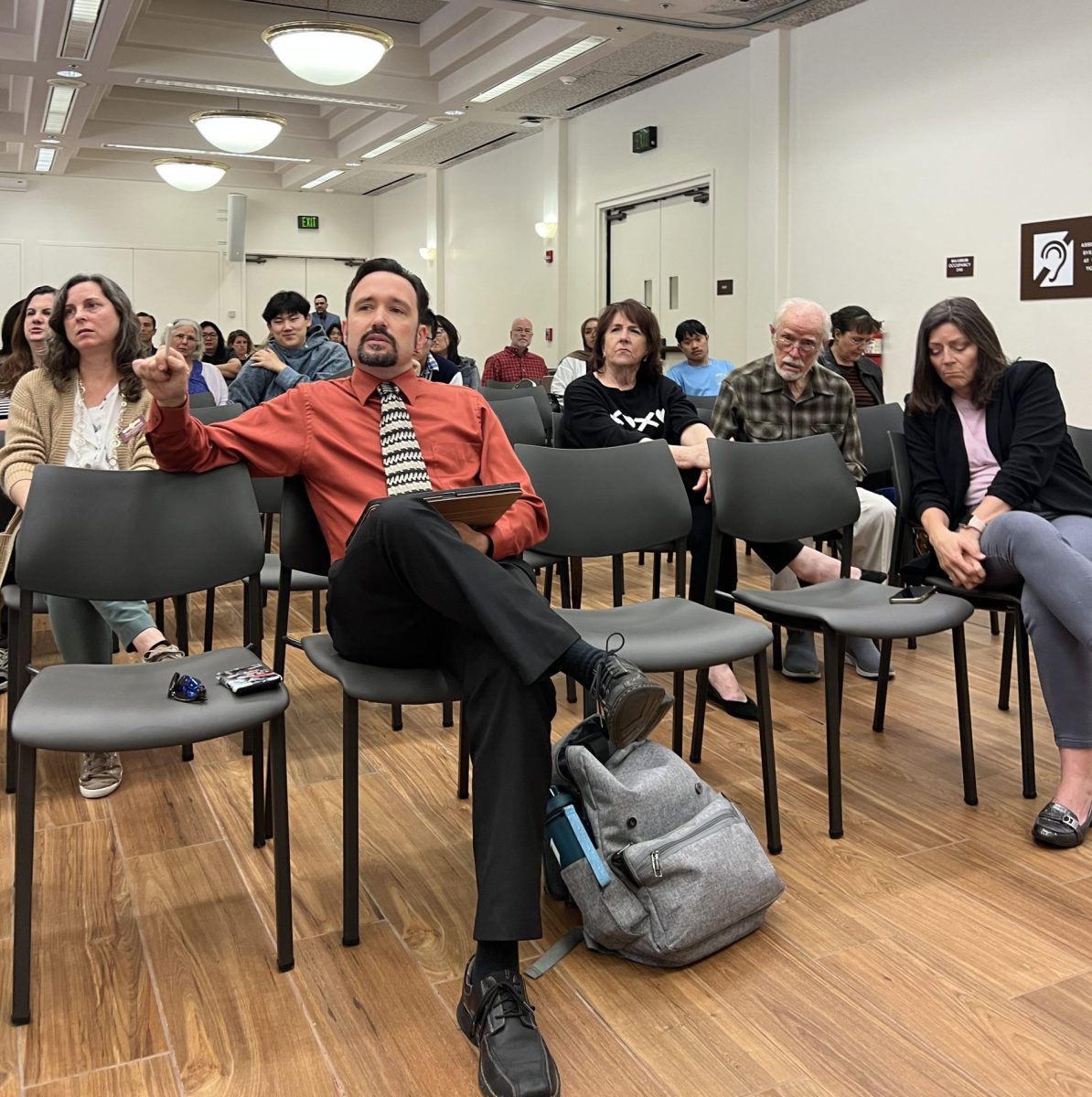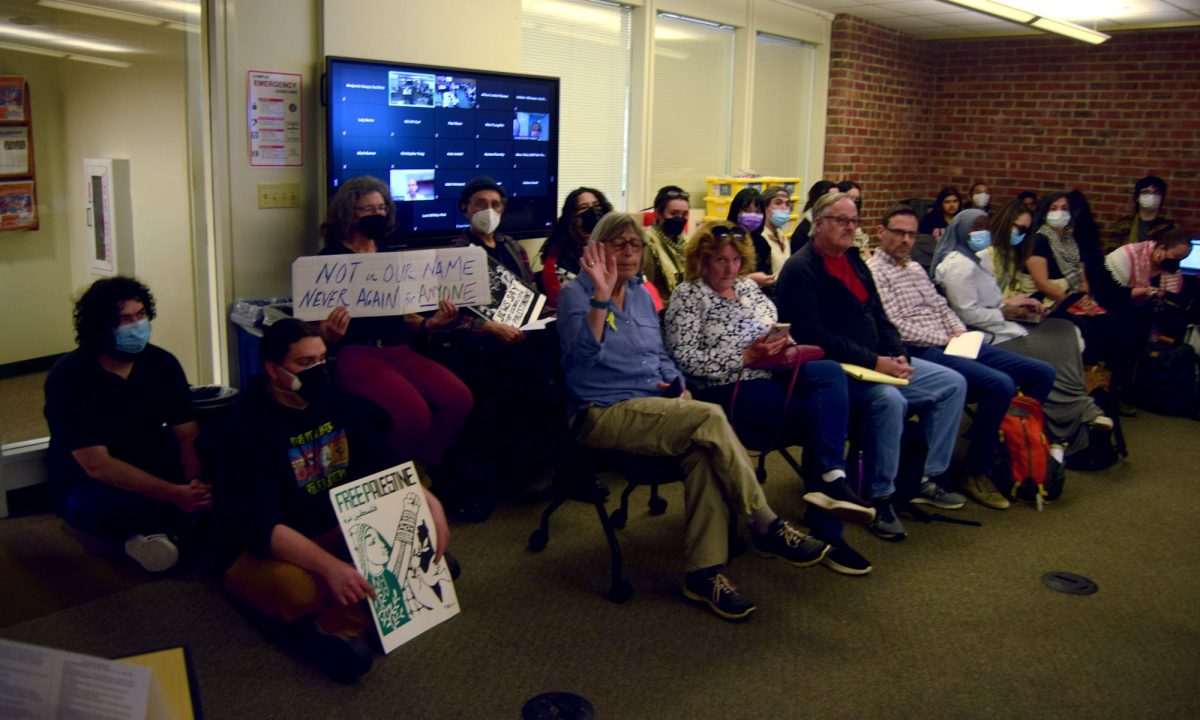The California Mental Health Services Authority approved a proposal for funding the California Community Colleges Student Mental Health Program in June.
In a memo from the California Community Colleges Chancellor’s Office, the program’s objective is to focus on prevention strategies and advance the collaboration between community colleges and community-based agencies.
The program has three strategic directions of faculty and staff training, peer-to-peer support and suicide prevention.
The $6.9 million grant was allocated as a result of the Mental Health Services Act of 2004 which states that the money is a one-time grant and is intended to be used for infrastructure and capacity building.
“Most of [the money] is actually for training,” said Michelle LeBleu-Burns, Dean of Student Development and EOPS. “There is a small amount for colleges to offer help with mental health services to students.”
Regardless of the grant’s potential, De Anza is already in the process of improving its current mental health program.
“We’re currently in a positive position because we’re looking at our existing funding to see what would be the best use of our resources,” said LeBleu-Burns.
In the winter quarter, De Anza will add one to two psychological services counselors.
“We’ve seen the demand for that service actually grow beyond what we’re able to do,” LeBleu-Burns said. “So we’re trying to look at how we can structure resources to increase support for students.”
De Anza Psychology professor Phil Boissiere stressed the need for mental health services on college campus. “Anxiety and depression are the most common health disorders of college students, period.”
Boissiere currently hosts a series of educational workshops on mental health and will become a counselor for students during winter quarter.
While the timeline for the grant’s implementation is still unclear, the memo states that information will be posted on the Chancellor’s Office website when it becomes available.
For those seeking more detailed information on the importance of mental health treatment on college campuses, an article by Boissiere can be read on his website, www.cognitivetherapysf.com.
and is intended to be used for infrastructure and capacity building.
“Most of [the money] is actually for training,” said Michelle LeBleu-Burns, dean of student development and EOPS. “There is a small amount for colleges to offer help with mental health services to students.”
Regardless of the grant’s potential, De Anza is already in the process of improving its mental health program.
“We’re currently in a positive position because we’re looking at our existing funding to see what would be the best use of our resources,” said LeBleu-Burns.
De Anza will add one to two psychological services counselors during the winter quarter, she said.
“We’ve seen the demand for that service actually grow beyond what we’re able to do,” LeBleu-Burns said. “So we’re trying to look at how we can structure resources to increase support for students.”
De Anza Psychology professor Phil Boissiere stressed the need for mental health services on a campus. “Anxiety and depression are the most common health disorders of college students, period,” he said.
Boissiere currently hosts a series of educational workshops on mental health, and will become a counselor for students during winter quarter.
While the timeline for the grant’s implementation is still unclear, the memo states that information will be posted on the chancellor’s office website when it becomes available.
For those seeking more detailed information on the importance of mental health treatment on college campuses, an article by Boissiere can be read on his website, www.cognitivetherapysf.com.








